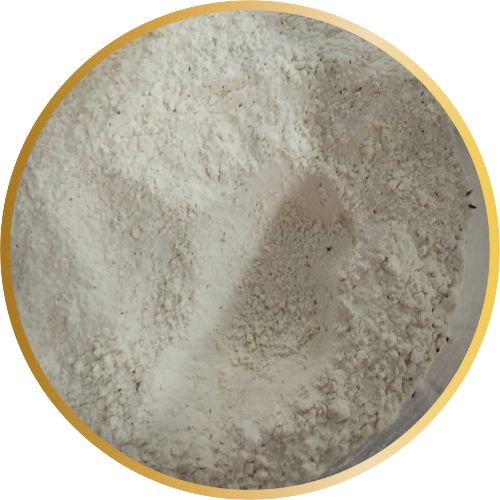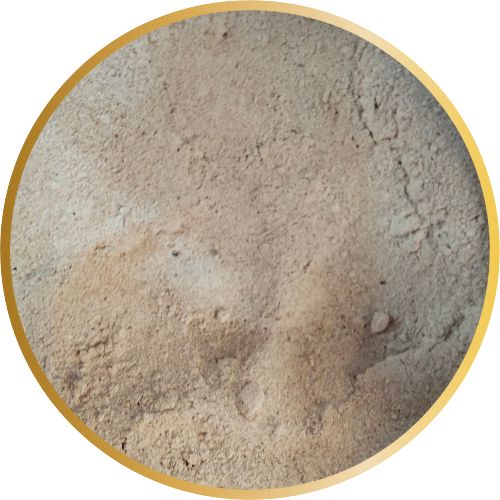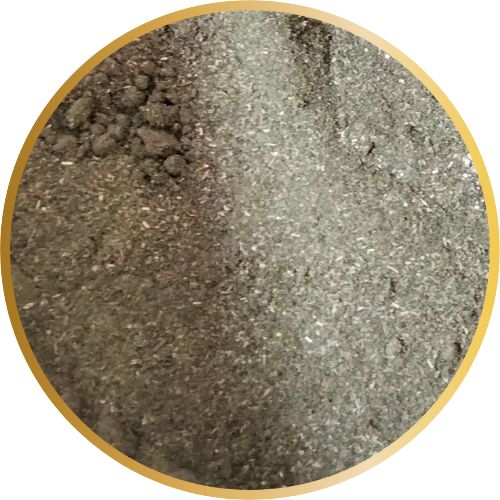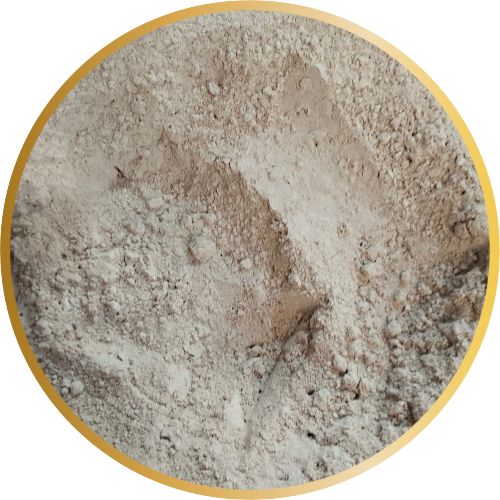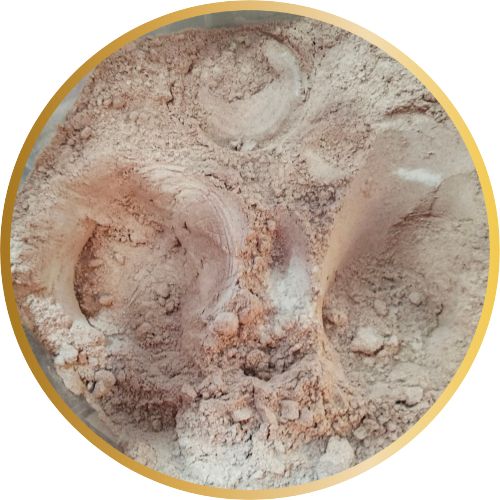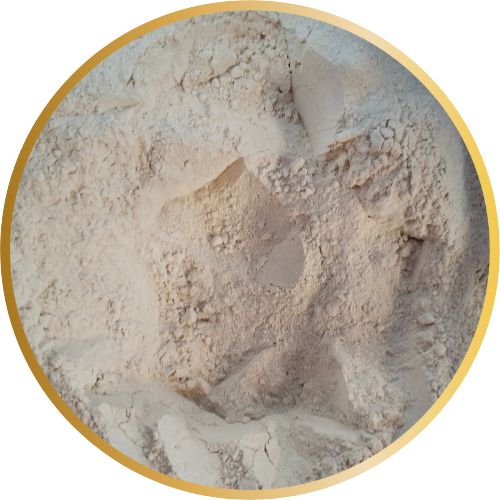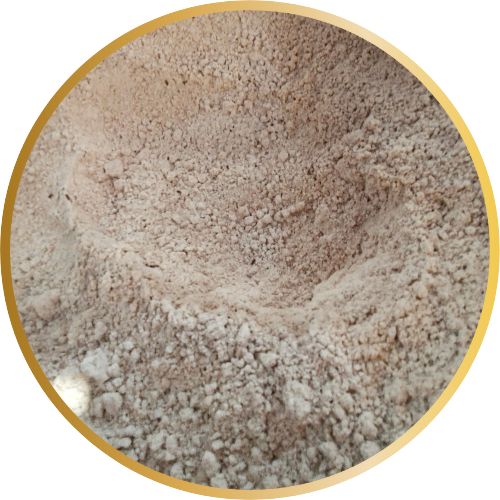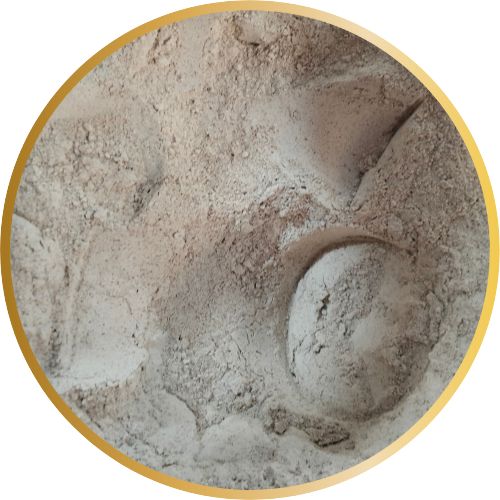
- Description
- Reviews
More Details
Baridi flour is made by finely grinding dried maize (corn), resulting in a smooth, fine powder. The term "baridi" in Swahili refers to this finely milled maize flour. In other regions, like Uganda and Rwanda, it is known as kaunga, and in Sudan, it is used to prepare kisra, a type of flatbread similar to chapatti or pancake. It is a staple ingredient in many households due to its versatility and ease of use.
Baridi flour is often used to prepare uji, a traditional porridge that is not only nutritious but also soothing. It’s an excellent source of carbohydrates, making it an ideal energy booster for both children and adults. It’s also frequently used as a weaning food for babies because of its smooth texture and easy digestibility.
Features
- Extra-fine texture: The flour is finely ground for a smooth consistency.
- Rich in carbohydrates: Provides long-lasting energy, making it ideal for active individuals.
- Versatile: Used in a variety of dishes, from porridge to flatbreads.
- Nutritious: A good source of essential nutrients, including fiber and vitamins.
- Easy to digest: Makes it a suitable option for babies and individuals with sensitive stomachs.
How to Use
- In porridge (uji): Mix baridi flour with water or milk and cook until smooth for a comforting and energizing meal.
- In flatbreads: Use it to make kisra (Sudanese flatbread) or other types of pancakes and chapatti.
- Weaning food: It’s perfect for making a simple, nutritious porridge for babies transitioning to solid foods.
- Baked goods: Can be added to baked products like cakes, muffins, and biscuits for added texture and flavor.
- In smoothies: Add a small amount to smoothies for an extra source of energy and fiber.
Perfect for
- Traditional breakfasts: Ideal for making delicious, nutrient-packed porridge (uji).
- Weaning babies: Its smooth consistency makes it perfect for young children.
- Energy-boosting meals: A great option for busy mornings or after exercise.
- Gluten-free diets: Naturally gluten-free, it’s an excellent choice for individuals with gluten sensitivity.
- Cultural dishes: Essential for making Kisra, a staple in Sudanese cuisine.
Fun Fact:
Baridi flour is not just a food staple, but also part of the cultural fabric in East Africa, particularly for celebratory meals and important gatherings. It is believed to have been consumed for centuries and is still a preferred choice for many traditional dishes.

